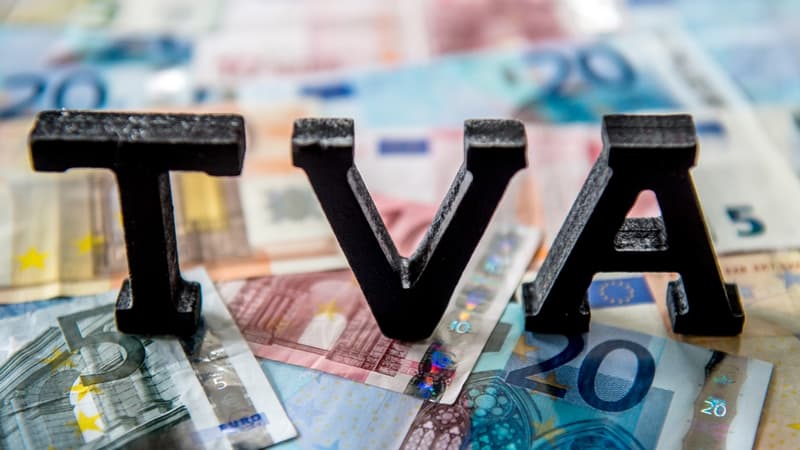Prepaid phone cards as a “money laundering tool”: the companies Lycamobile France and Lycamobile Services, three executives and eight other people are on trial in Paris since Monday, suspected of money laundering and VAT fraud between 2014 and 2016 .
Until July 5, the 32nd correctional chamber of the capital court must investigate an alleged “structured organization”, which would have involved a series of fictitious companies and merchants in the Parisian district of La Chapelle, which would have made it possible to launder more than 17 million euros in seven months.
A “system” set up “without the knowledge” of Lycamobile, according to the company, which defends itself against any infringement.
Revealed by the Buzzfeed site, the case stemmed from a report by Tracfin, Bercy’s financial intelligence unit, which led to the opening of a preliminary investigation in early 2016, later entrusted to an examining magistrate.
“ethnic” market
The investigations revealed a circular operation where there were, initially, construction companies, which made transfers and checks to “filtering” companies, in exchange for false invoices.
These companies, actually empty shells, bought Lycamobile cards and phone top-ups, but these goods were not received, according to the investigation.
Two Lycamobile sales representatives resold them to stores in the 18th arrondissement of Paris, which gave them cash in return.
It is this cash, freed from commissions to intermediaries, that finally returns to the initial construction companies, which would have used it to illegally remunerate their employees or managers, according to investigations.
The prepaid cards and their top-ups were resold to the “ethnic market” of North African, African and Indo-Pakistani communities who wanted to make calls abroad.
“This proceeding shows very clearly that the filtering companies and builders organized and implemented a system to remunerate the undercover work for a SIM card reselling game without Lycamobile’s knowledge,” a company spokesperson told AFP.
“Therefore, we cannot hold Lycamobile responsible for the implementation of this illegal scheme which is totally unrelated to it,” the spokesperson adds.
“Pressure on billing”
On the contrary, the indictment points to “the absence of serious control over the contracts, the pressure on billing from the London management and the very large volumes generated by these companies + filters + clients, as well as a confused management and fragmented between France and the United Kingdom”.
The year of its creation, a “filtering” company made a “higher” volume of purchases than the Relé stores, further raising the accusation.
The court will also examine suspicions of VAT fraud due to the “misuse” of an existing derogatory legal regime in the telephone sector.
The prosecution alleges that, through an “agreement” between the two sister companies, Lycamobile Services improperly resold the phone products, purchased all taxes included (TTC) from Lycamobile France, at a price without taxes (HT), which allowed to claim VAT. refunds
In this part, the companies and their managers have stated relentlessly during the investigation that they acted in good faith and refute any fraud.
Good faith
Lycamobile France, Lycamobile Services, as well as Alain Jochimek, CEO of the two companies, are on trial for corporate money laundering and undercover work in an organized gang.
Lycamobile Services and Alain Jochimek also appear in court for VAT fraud in an organized gang, and Lycamobile France is on trial for aiding and abetting this second offence.
Two English leaders, Lycamobile services manager Andrew England and CEO Christopher Tooley, benefited from a layoff in the money laundering section. They are appearing respectively for VAT fraud in an organized gang and for complicity in this crime.
Eight other defendants are on trial for one crime or another, suspected of having played a role in the system.
Source: BFM TV


